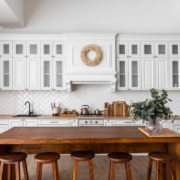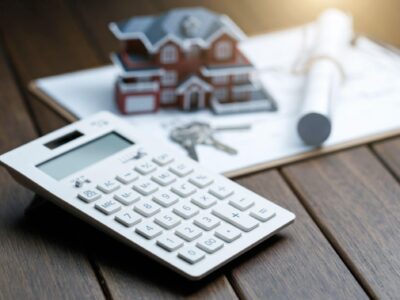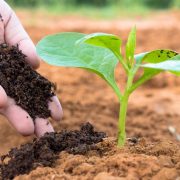When it comes to buying a house, it’s important to take the time to thoroughly research and evaluate your options. A house is likely to be the biggest purchase you’ll ever make, and it’s important to get it right.
This outline will provide a comprehensive checklist of what to look for when house hunting, so you can make an informed decision and find the perfect home for you and your family.
Location
The location of a house is one of the most important factors to consider. You’ll want to find a neighborhood that is safe and has a good quality of life. Proximity to schools, public transportation, and amenities like grocery stores and parks should also be taken into account.
It’s also important to consider the potential for future developments, such as new construction or changes in the local economy that could affect the value of your investment.
When evaluating the location of a house, consider using aerial imagery tools to analyze the surrounding area. These tools allow you to view various types of data, such as crime rates, traffic patterns, and flood risk.
It also give you a visual representation of the neighborhood and proximity of amenities such as grocery stores, parks and schools. With the right geospatial analysis, you can gain a more accurate understanding of the area and make a more informed decision about the location of your future home.
Structure and Condition
When evaluating a house, it’s important to pay close attention to its structure and overall condition. This includes the condition of the roof, foundation, and appliances.
If there are any structural issues or major repairs needed, it’s important to take these into consideration when making an offer. It’s also a good idea to have a home inspector assess the property to identify any potential issues that may not be immediately apparent.
Size and layout
Size and layout are also important factors to consider when house hunting. The number of bedrooms and bathrooms, as well as the size and layout of the living spaces will have a significant impact on your daily life.
If you have a growing family, you’ll want to look for a house with enough bedrooms for everyone. Additionally, the flow of the house, the natural light and the organization of space will make a big difference on your comfort and well-being.
Potential for Upgrades and Improvements
When viewing a house, it’s important to keep an eye out for potential upgrades and improvements that could be made.
These could include adding a deck or patio to create an outdoor living space, or finishing an unfinished basement to add more living space. Keep in mind that these upgrades and improvements can be costly, but they can also add value to the property.
When evaluating the potential for upgrades and improvements, don’t forget to check the kitchen for any advanced equipment like CVap equipment. CVap, which stands for Controlled Vapor Technology, is a method of holding and cooking food that allows for precise temperature and humidity control.
This type of equipment is found in high-end commercial kitchens and can add value to a home if you enjoy cooking and entertaining.
Financial Considerations
Buying a house is a big financial commitment, so it’s important to stay within your budget. Closing costs and property taxes are additional expenses that must be taken into account. It’s also a good idea to have a general idea of the local housing market, so you can make an offer that’s in line with current market conditions.
Conclusion
It’s easy to get caught up in the excitement of buying a house, but it’s important to remember to take the time to thoroughly evaluate your options. By following the checklist outlined here, you’ll be able to make an informed decision and find the perfect home for you and your family. Remember that buying a house is a long-term investment, so it’s important to not rush into a decision and take the time to find the right one.














Comments